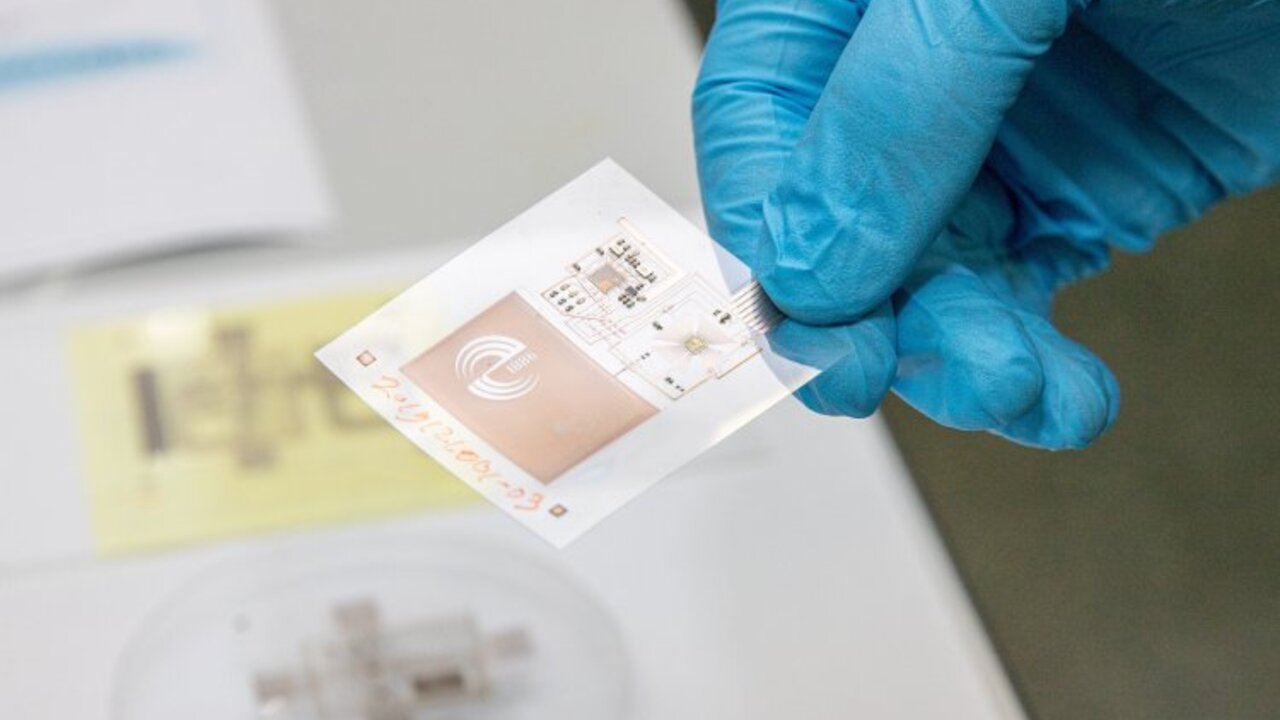To help people with diabetes remember to take important medications, St. St. Petersburg Electrotechnical University “LETI” has developed a “smart patch” with microneedles. These micro needles are easier to use and less damaging to the skin than traditional medical needles. The project is funded by the Russian Science Foundation.
Ivan Konstantinovich Khmelnitsky, Associate Professor at the Department of Micro and Nanoelectronics of St. Petersburg Electrotechnical University “LETI”, said that they have developed a prototype of an “intelligent” system that helps control the state of the body in people with diabetes. This microelectronic device can be embedded in a bracelet or attached to the skin like a regular patch. The main part of the system are special micro-needles through which drugs are injected.
Microneedles created at Saint Petersburg Electrotechnical University “LETI” are only 0.5-1 mm in size. This size allows wounds to heal faster, and due to the large number of micro-needles, the same amount of medication can be injected as with a conventional needle. ETU “LETI” researchers create different types of microneedles, depending on how often and how much the drug needs to be injected. For example, they have solid micro-needles where drug is applied and hollow micro-needles with holes for drug application. Scientists are also working on swellable polymeric microneedles that dissolve in the body after application.
Diabetes mellitus is becoming more and more common, and according to statistics, about 10.5 million people in Russia suffer from this disease, and this is about one in 15 people. In the future, such “intelligent” systems may become commonplace as personal devices for the treatment of diabetes and other diseases.
Source: Ferra
I am a professional journalist and content creator with extensive experience writing for news websites. I currently work as an author at Gadget Onus, where I specialize in covering hot news topics. My written pieces have been published on some of the biggest media outlets around the world, including The Guardian and BBC News.










